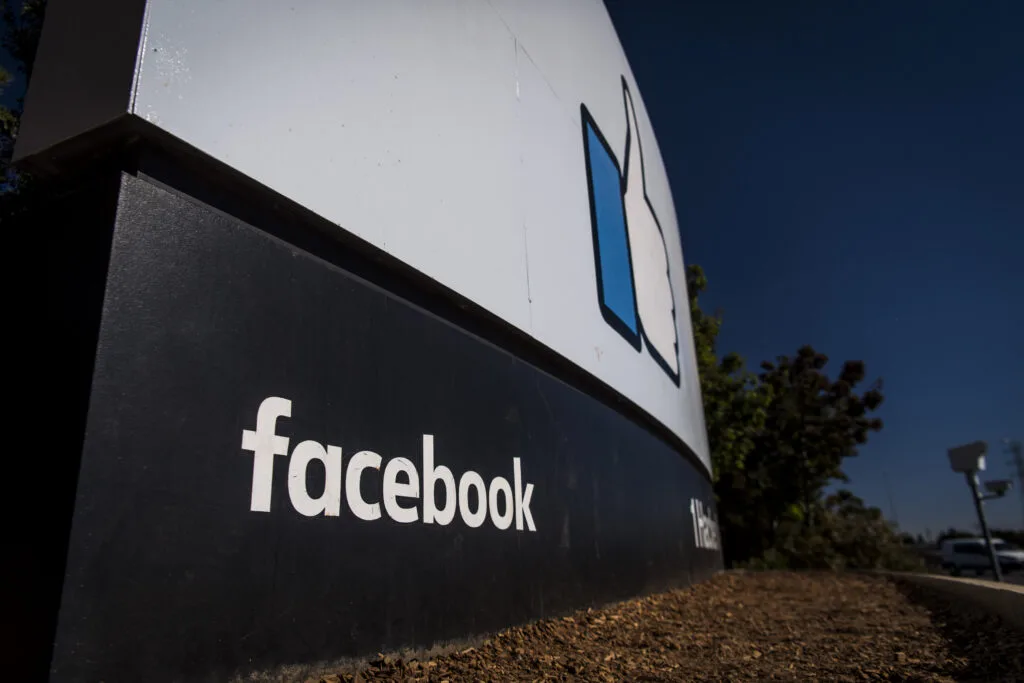Facebook Co-Founder Chris Hughes Says the Company Should be Broken Up

May 9, 2019
Share
Fifteen years ago, Chris Hughes helped to start Facebook. Now, he says it should be broken up.
In a New York Times opinion piece published Thursday, Hughes described Facebook founder Mark Zuckerberg as having “unchecked power” and a “staggering” influence on society, saying that the government must step in and scale back his power. A college roommate of Zuckerberg’s, Hughes helped get Facebook off the ground and was an original member of the team that developed one of the platform’s defining elements: its News Feed.
“I’m disappointed in myself and the early Facebook team for not thinking more about how the News Feed algorithm could change our culture, influence elections and empower nationalist leaders,” Hughes writes.
In the 2018 documentary series The Facebook Dilemma, FRONTLINE examined many of the issues Hughes touched on in his op-ed, including Zuckerberg’s focus on exponential growth and the role of Facebook’s News Feed algorithm, which was designed to keep users engaged by funneling them content that’s likely to interest them.
“That’s the key. That’s the secret sauce. That’s how, that’s why we’re worth X billion dollars,” Antonio García Martínez, a former product manager on Facebook’s advertising team, told FRONTLINE.
As the below excerpt from the documentary shows, the absence of laws to hold internet companies liable for the content posted on their sites allowed News Feed’s dramatic growth. Facebook largely relied on users themselves to police the majority of the content shared on the platform, with few limits on what was being posted.
“Was there not a concern… that it could… become sort of a place of just utter confusion; that you have lies that are given the same weight as truths; and that it kind of just becomes a place where truth becomes completely obfuscated?” FRONTLINE’s James Jacoby asks Tim Sparapani, former director of global public policy at Facebook, in the clip.
“No,” Sparapani answers. “We relied on what we thought were the public’s common sense and common decency to police the site.”
FRONTLINE found that, as the platform and its News Feed grew, Facebook did not allocate sufficient resources to enforcing its content guidelines. That led to unintended consequences, from the proliferation of “fake news” and disinformation, to fomenting division and violence across the world. The documentary also explores the privacy problems that have accompanied Facebook’s pursuit of growth, and how the company has responded to myriad challenges.
“I came into this job asking myself, how long is it gonna take us to solve this?” Tessa Lyons, who leads a team at Facebook that’s tackling the spread of misinformation around the world, told FRONTLINE in the documentary. “And the answer is, this isn’t a problem that you solve. It’s a problem that you contain.”
On Thursday afternoon, Nick Clegg, Facebook’s vice president of global affairs and communications, responded to Hughes’ op-ed. The statement said that “you don’t enforce accountability by calling for the breakup of a successful American company,” but rather, “through the painstaking introduction of new rules for the internet.” Zuckerberg himself, he said, has called for just that.
For more on Facebook’s growth and its consequences, stream The Facebook Dilemma in full.

Latest Documentaries
Explore
Policies
Teacher Center
Funding for FRONTLINE is provided through the support of PBS viewers and by the Corporation for Public Broadcasting, with major support from Ford Foundation. Additional funding is provided the Abrams Foundation, Park Foundation, John D. and Catherine T. MacArthur Foundation, Heising-Simons Foundation, and the FRONTLINE Trust, with major support from Jon and Jo Ann Hagler on behalf of the Jon L. Hagler Foundation, and additional support from Koo and Patricia Yuen. FRONTLINE is a registered trademark of WGBH Educational Foundation. Web Site Copyright ©1995-2025 WGBH Educational Foundation. PBS is a 501(c)(3) not-for-profit organization.



















